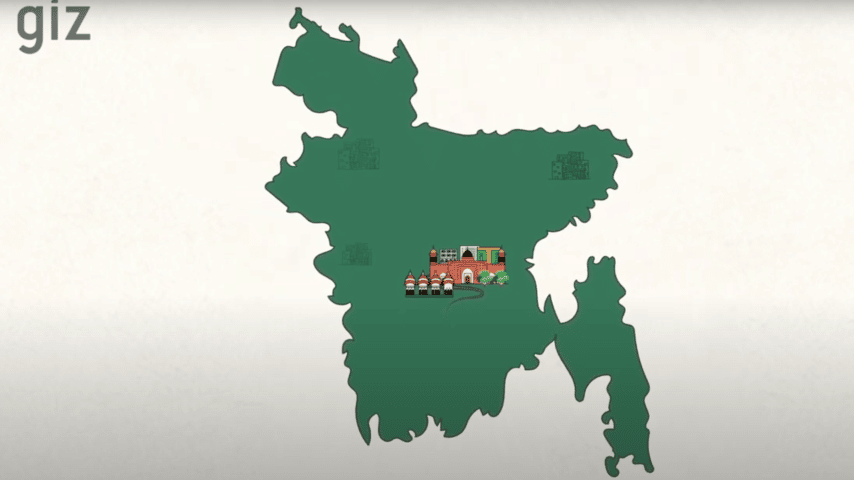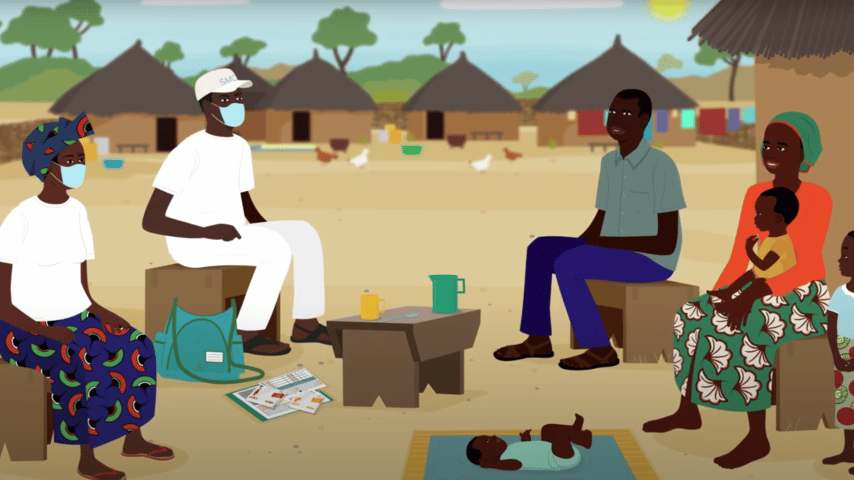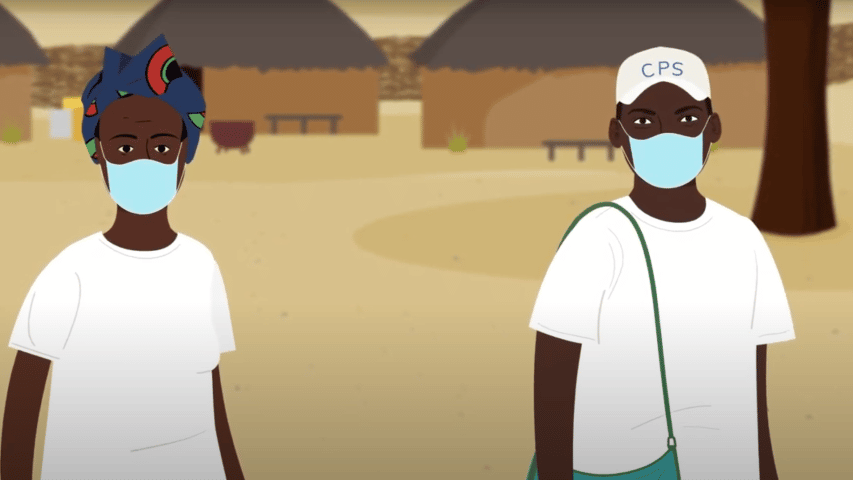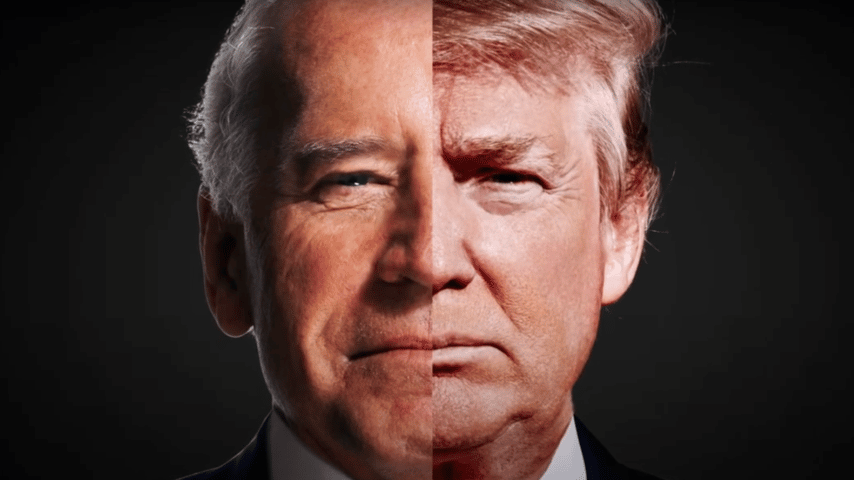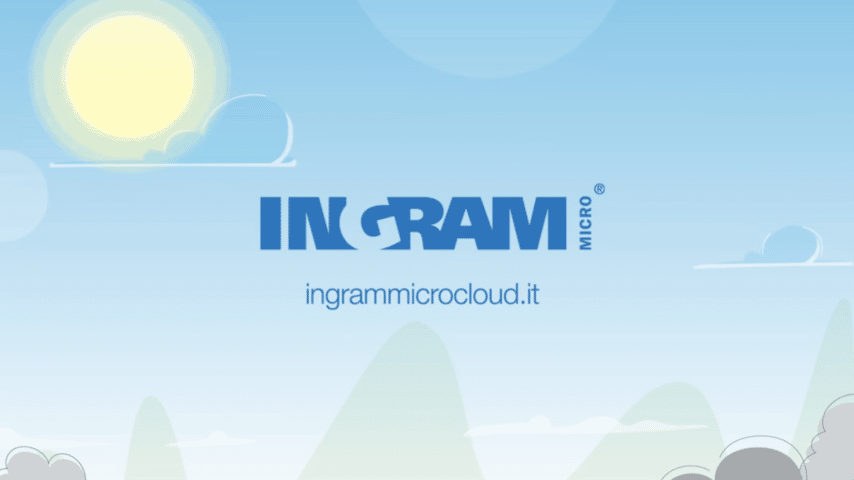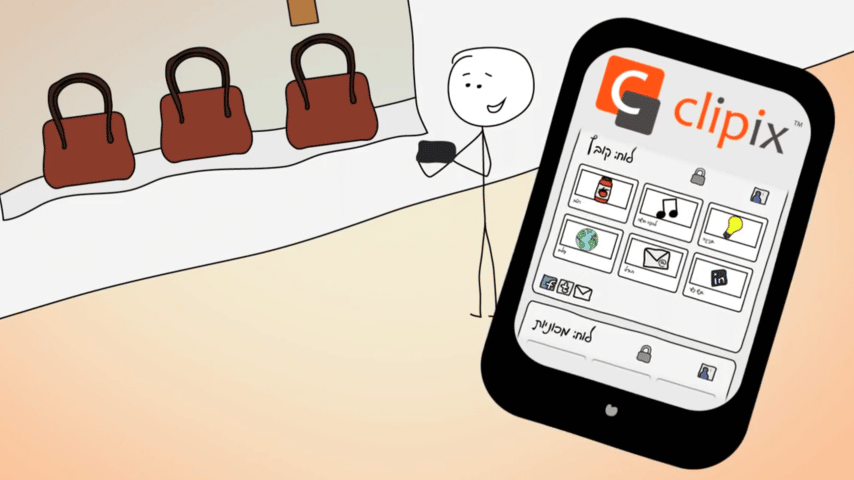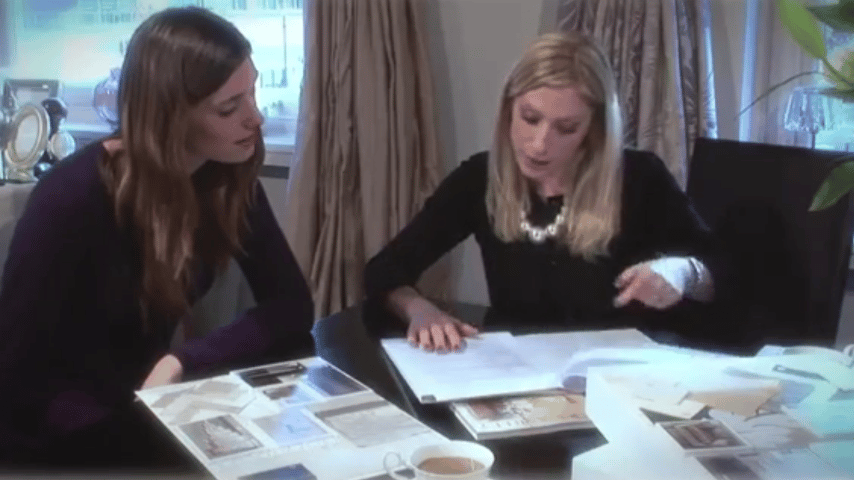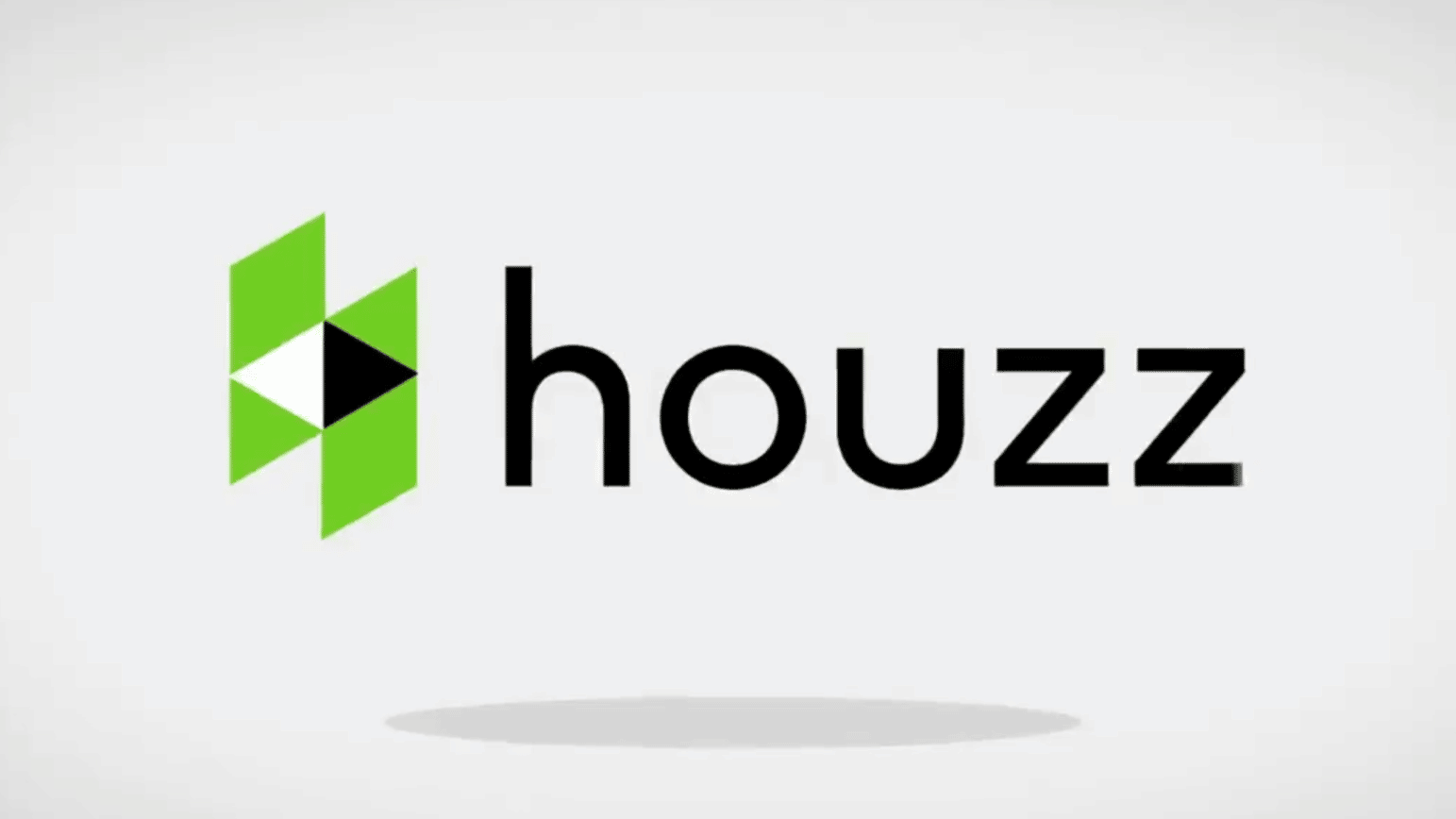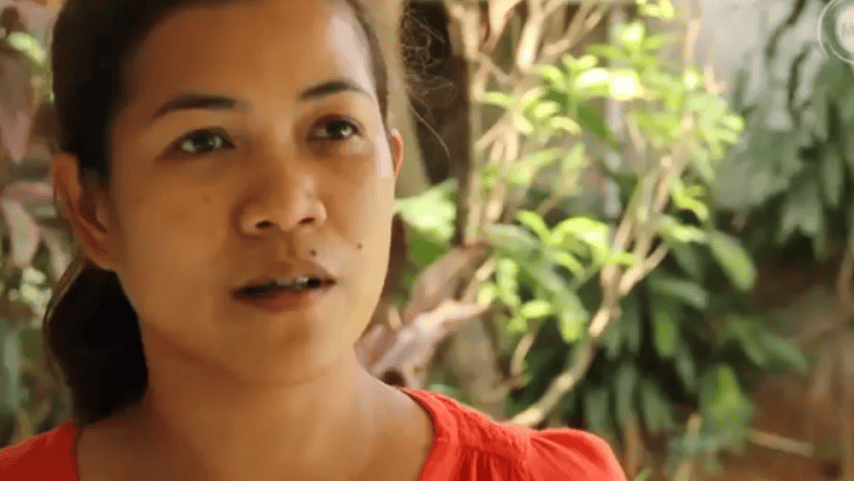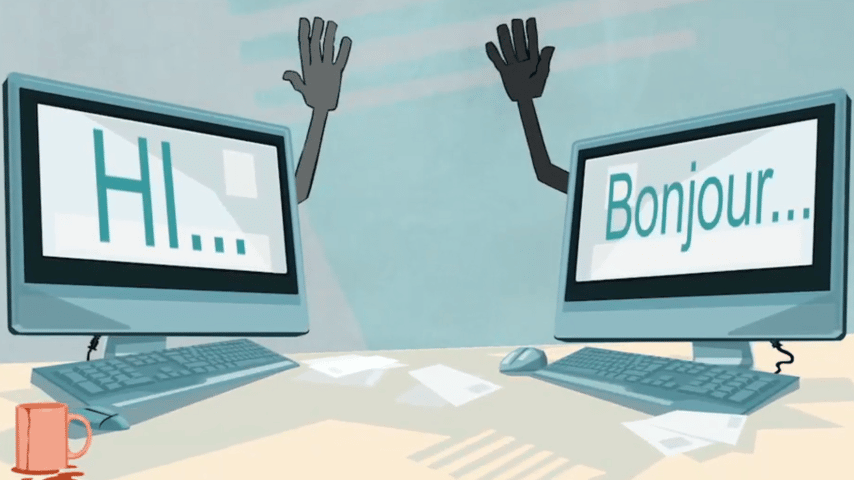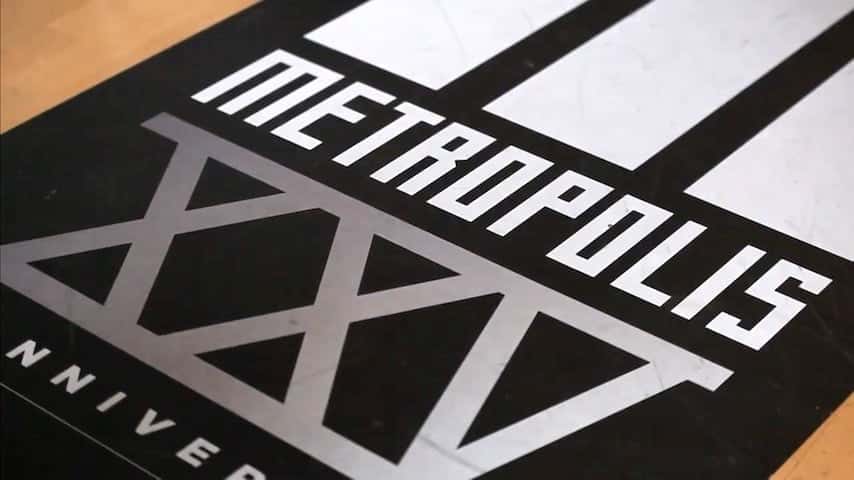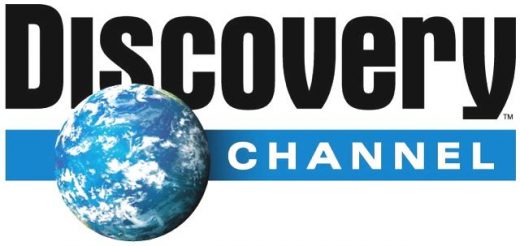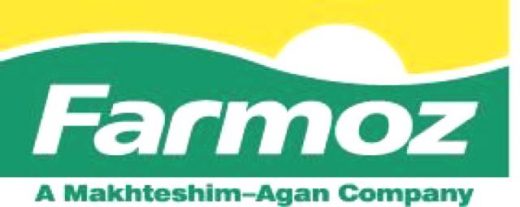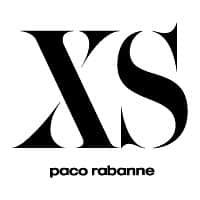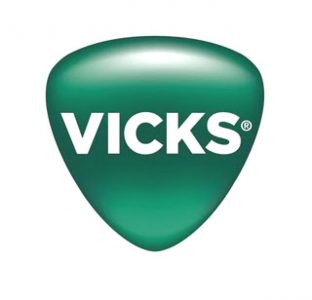What Kind of Hungarian Voice Over Services?
Expanding your content to include Hungarian voice overs allows you to connect with a unique and linguistically distinct audience. Hungarian, spoken by approximately 13 million people worldwide, is the official language of Hungary and is also spoken by Hungarian communities in countries such as Romania, Slovakia, Serbia, and Ukraine. Adding a Hungarian voice-over to your campaign can be a crucial step towards achieving your business goals and tapping into new markets.
The Uniqueness of the Hungarian Language
Hungarian is a Finno-Ugric language, distinct from most other European languages which are predominantly Indo-European. This linguistic uniqueness makes Hungarian an important language to consider for voice overs, especially when targeting Hungarian-speaking audiences. The language’s complex grammar and vocabulary require native proficiency to ensure accurate and engaging content delivery.
The Importance of Voice Overs in Hungarian
Incorporating a Hungarian voice-over into your content ensures that your message is clearly understood by your target audience. It also creates a sense of belonging and empathy among the audience, leading to stronger brand connections and potentially increased sales. This connection is even more profound when the voice over uses culturally relevant nuances, enhancing relatability and authenticity.
For example, using colloquial expressions and culturally significant references can significantly impact how the message is received. Adapting your content to include these cultural and linguistic nuances ensures that your message resonates more deeply with your audience.
Learn more about Hungarian Voice Over Services
Application of Hungarian Voice Over in Corporate Communications
Clear Communication: In corporate communications, clarity and precision are crucial. Hungarian voice overs ensure that messages are delivered clearly and professionally, ensuring that all employees, stakeholders, and clients understand the information being conveyed.
Cultural Relevance: A voice actor who understands the cultural context can deliver corporate messages in a way that feels natural and relevant. This helps in creating a more cohesive and effective communication strategy within the organization.
Audience Engagement: When employees and stakeholders hear their native language in corporate communications, it enhances their engagement. They are more likely to understand, relate to, and act on the messages, leading to better organizational alignment and performance.
Professional Tone: Using Hungarian for corporate voice overs allows for a professional and authoritative tone, which is essential for maintaining credibility and respect within the business environment.
Leveraging Hungarian voice over services ensures linguistic accuracy and enhances cultural authenticity and audience engagement. Whether it’s for corporate communications, advertising, e-learning, or other content, using the right voice over can significantly impact the success and reach of your production. By understanding and utilizing the nuances of Hungarian and the interactions with minority languages in the region, you can create content that truly resonates with your audience across Hungary and the broader Central European region.
Other Languages Spoken in Hungary

While Hungarian is the dominant language in Hungary, there are also minority languages spoken in the country, especially in border regions, including Romani, German, Slovak, Croatian, and Serbian. Similarly, Hungarian is spoken in these countries too, making it an important language for creating audiovisual content. When developing a strategy to expand your markets, creating campaigns in both Hungarian and the languages of neighboring regions can help you reach a broader audience. A combined strategy that includes multiple languages allows you to connect with diverse linguistic groups.
How does GoLocalise work?
Understanding your project’s needs
GoLocalise is composed by a team of experienced professionals who work hand in hand with the best translation and production companies to provide you with top-quality services. The first step is to understand the technical aspects of your project to understand what we need to do to guarantee your necessities are met. We will ask a set of questions to determine your target audience, the type of content you want us to work with and the impact you want to achieve.
Selecting the ideal voice-over artists for your project
We want you to find the perfect voice-over artist for your project. For this, we will search for the ideal candidate within or outside our artist portfolio. Whether you are looking for an engaging, expressive, or commercial voice, we’ve got you covered!
Assigning a multilingual project manager
We will assign an exclusive project manager to serve as your only point of contact to guide you along the process, answer all questions you may have and make every stage easier. This project manager will:
- Explain all the steps involved in the process to make it easy to understand and help you determine what exactly are the services you need to ensure you stay within your budget.
- Help in selecting the ideal voice-over artist to transmit your ideas.
- Guarantee all the steps in the process are well-organized and that all deadlines are met. After choosing your ideal artist, you can relax and let your experienced project manager take care of the rest until the process is finished.
Record voice-over audio in our modern studios
All details in the process have been carefully designed to enable you to focus on the core of the service: the voice-over recording session. Your recordings will sound beautifully neat thanks to our audio equipment and our top-quality acoustic studios, using Pro Tools HD and Neumann microphones. Our sound engineers will then adjust the recorded audio to make it sharp and clean, ensuring you don’t need to repeat any recording, and thus, make the most out of your budget. In the case of those languages neither you nor your client speaks, we offer professional linguistic help to make sure everything is clear in all languages you are translating your content into.
Finding professional voice actors for your projects
Our Latest Voice Over Case Studies
What our happy customers say
Patricia Leon-Fedorko
Account Specialist at Advanced Language

Thomas Kennedy
Designer at Atlas Knowledge
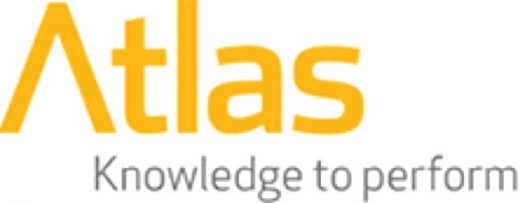
Jo Samuel
Animator at Pixel Circus

Stefanie Smith
Producer at Education First
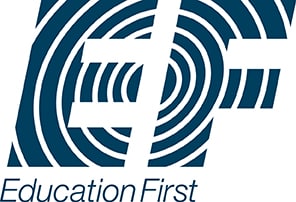
Josie Gallo
Content Co-ordinator at Medical Aid Films
Lucas Cole
Sales and Marketing Director at Epipheo

